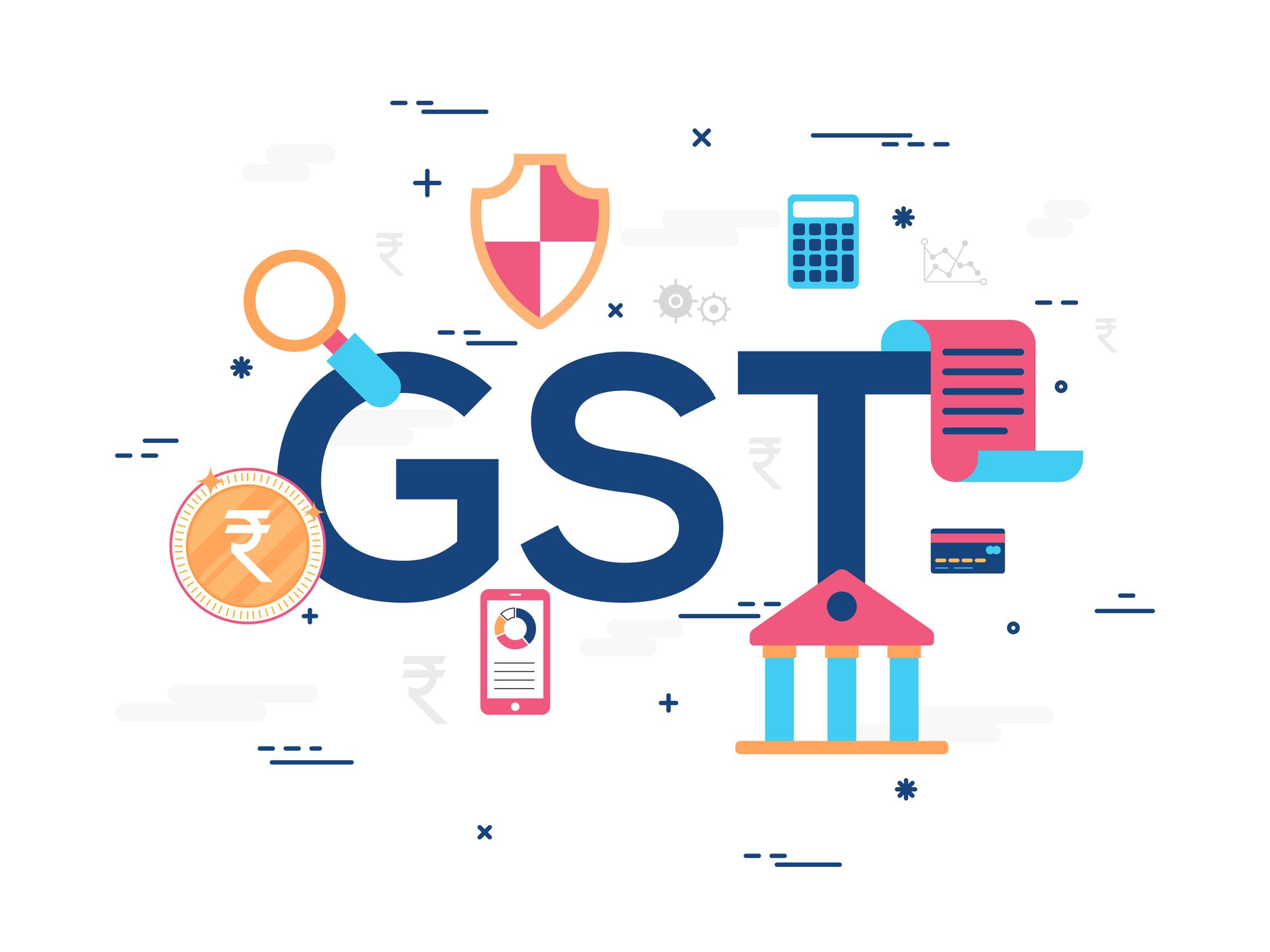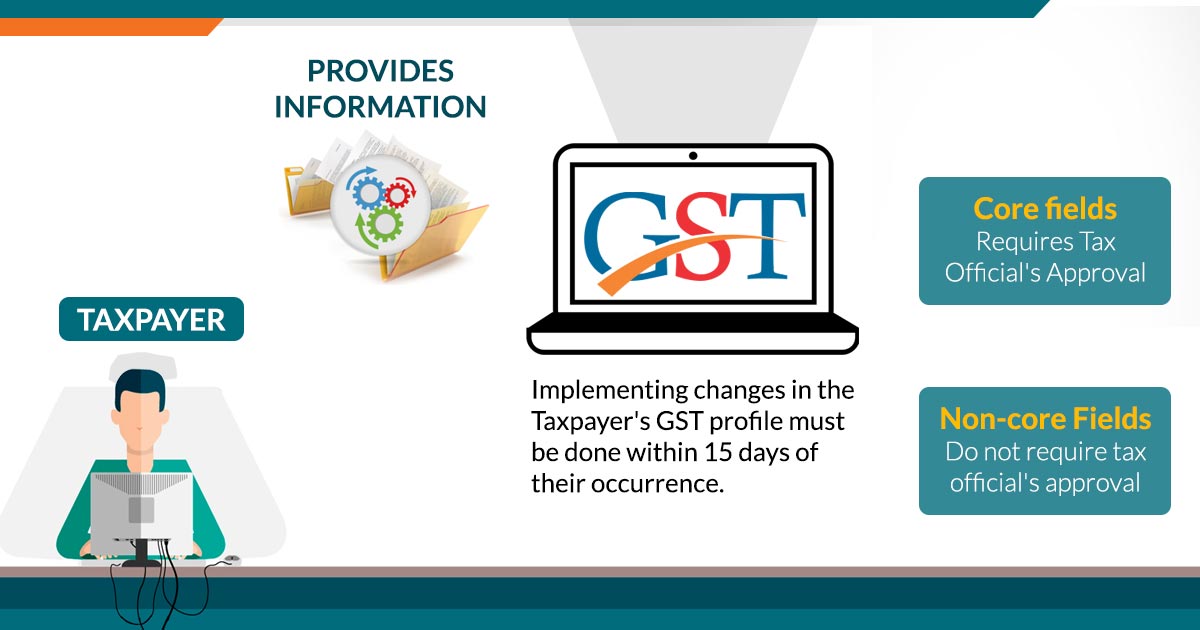CFO Account & Services: Your Trusted Companion for Hassle-Free GST Registration in Singapore
CFO Account & Services: Your Trusted Companion for Hassle-Free GST Registration in Singapore
Blog Article
Browsing the Complexities of GST Registration: A Comprehensive Overview for Service Owners
Navigating the intricacies of GST registration can be a complicated task for many company proprietors, as it includes a myriad of rules, laws, and processes that must be abided by. With the ever-evolving landscape of tax laws, making certain conformity and recognizing the complexities of GST registration is essential for the seamless operation of any company. From identifying eligibility and gathering the needed paperwork to maximizing operations for optimal efficiency, this comprehensive guide aims to provide entrepreneur with the understanding and tools needed to browse the intricacies of GST enrollment efficiently.
Qualification for GST Registration
Business owners must satisfy specific standards to determine their eligibility for GST enrollment. In general, organizations with an annual turnover exceeding a specific threshold are called for to register for Goods and Solutions Tax (GST)
Moreover, organizations that are registered under any type of previous tax program, such as Barrel or solution tax obligation, are generally called for to transition to GST registration. By adhering to the necessary requirements, businesses can smoothly browse the intricacies of GST enrollment and run legitimately within the tax structure.
Documents Needed for Enrollment
To complete the GST registration procedure, companies require to gather and submit a thorough collection of documents. The essential documents required for GST registration normally consist of evidence of service registration or unification such as the Certification of Incorporation, partnership act, or any type of other registration certification. In addition, companies need to give identification and address evidence of the companions or marketers, which can be in the kind of Aadhar card, PAN card, key, or chauffeur's certificate. Financial papers such as financial institution declarations, evidence of location of company like rental arrangement or electrical energy costs, and authorized signatory details are also necessary for the registration process.
Moreover, specific papers associated with the nature of business, such as a listing of goods or services supplied, HSN codes for products, and cavity codes for solutions, might be needed - Why choose CFO Account & Services for GST registration in Singapore. It is vital for companies to guarantee that all files submitted are exact, current, and in the prescribed style to stay clear of any type of hold-ups or difficulties in the GST registration procedure
Refine of GST Enrollment
Having constructed the requisite paperwork, organizations proceed to launch the GST registration process by involving with the on-line portal designated for registration. This on-line portal is the Goods and Provider Tax Network (GSTN) site, which works as the main system for all GST-related tasks in India. Upon accessing the portal, services are called for to fill up out the GST enrollment form with exact information concerning their company tasks, turn over, and other appropriate details.
When the form why not find out more is finished and sent on the site, the GSTN validates the details offered by the company. The applicant may be required to supply extra information or explanation if any kind of discrepancies are located. Complying with successful confirmation, a GST enrollment certificate is released to the organization entity. This certificate has an unique Goods and Services Tax Obligation Recognition Number (GSTIN) that is utilized for all GST-related deals.
It is very important for companies to ensure that the details supplied throughout the GST registration procedure is precise and approximately day to stay clear of any kind of prospective problems or hold-ups in getting the GST enrollment certificate.
Comprehending GST Compliance

Organizations require to be aware of the different GST compliance requirements based on their turnover, nature of services or goods, and the states in which they run. It is vital to stay upgraded on any type of changes in GST laws and policies to avoid any non-compliance problems.
Non-compliance with GST policies can result in large penalties, fines, and even legal effects. Services should invest time and sources in informing themselves and their team on GST compliance. Seeking specialist assistance from tax consultants or experts can additionally assist in navigating the complexities of GST conformity and ensuring that services operate within the legal structure.

Tips for Optimizing Organization Workflow
For enhanced effectiveness and efficiency in organization operations, calculated planning and structured processes are crucial components. One idea for enhancing company procedures is to leverage modern technology effectively (Why choose CFO Account & Services for GST registration in Singapore). Carrying out the appropriate software program options can automate repetitive jobs, improve precision, and enhance total workflow performance. In addition, conducting normal efficiency evaluations and collecting responses from employees can supply valuable insights for determining bottlenecks and areas for improvement.
One more vital element is prioritizing tasks based upon their value and target dates. By creating a you can try these out clear power structure of jobs and setting sensible timelines, businesses can make certain that essential tasks are finished in a timely manner. Additionally, fostering a culture of open interaction and collaboration among staff member can result in enhanced effectiveness and advancement.

Final Thought
In verdict, browsing the intricacies of GST registration needs a clear understanding of qualification standards, needed records, enrollment processes, and conformity needs. By sticking to these guidelines and maximizing company operations, company owner can make sure smooth operations and conformity with the GST regulations. It is necessary for businesses to stay informed and updated on GST policies to prevent any type of charges or lawful issues.
The vital papers needed for GST enrollment normally include evidence of service registration or unification such as the Certificate of Incorporation, collaboration action, or any various other registration certification.Having assembled the requisite documents, services proceed to launch the GST enrollment procedure by involving with the on the internet website assigned for enrollment. Upon accessing the site, businesses are needed to load out the GST enrollment form with exact information regarding their company tasks, turnover, and various other pertinent info.
In order to keep adherence to GST guidelines and stay clear of fines, organizations must focus on recognizing GST conformity. By adhering to these guidelines and optimizing service operations, company proprietors can guarantee smooth operations and compliance with the GST regulations.
Report this page